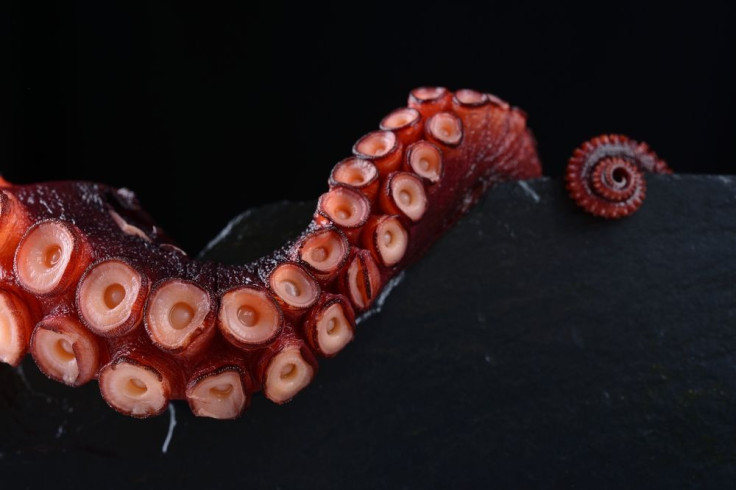Minimally Invasive Surgery Gets An Upgrade With Octopus-Inspired Surgical Tool

The world’s first octopus-inspired surgical instrument is one step closer to becoming reality after its design was published earlier this week in the journal Bioinspiration and Biomimetics. The robotic tentacle, which will be capable of carrying out complex operations with a tiny key-hole incision, is the product of a collaborative EU project called STIFF-FLOP, and when completed is likely to change the face of minimally invasive surgery.
In traditional operations, such as a hysterectomy or back surgery, doctors need to make a sizeable incision in the patient in order to both see what they are doing and maneuver their surgical equipment. Medicine is rapidly moving in favor of minimally invasive surgeries, which can be carried out making only a keyhole incision in the patient. Today, with only a tiny opening in the belly button, a doctor can remove an appendix or parts of the stomach. Although the use of keyhole surgery has expanded, the procedure remains restricted because there is only so much you can do without making a larger incision. STIFF-FLOP (STIFFness controllable Flexible and Learn-able Manipulator for surgical OPerations) hopes to overcome this. Their design is a surgical tool which, like an octopus’s tentacle, is able to maneuver the human body with the same ease and grace that the octopus maneuvers the ocean.
"The human body represents a highly challenging and non-structured environment, where the capabilities of the octopus can provide several advantages with respect to traditional surgical tools," said the paper's lead author Tommaso Ranzani, from the Sant'Anna School of Advanced Studies in Pisa, Italy, the BBC reported.
The robotic tentacle is able to bend, stretch, and adjust its stiffness in accordance to the necessary task. Its movements are controlled by inflatable compartments and its stiffness is adjusted using specially selected granular coffee, which jams together to create the desired amount of rigidness.
The designers have also considered not only borrowing from the octopus’s movement, but also its ability to never intertwine its eight tentacles. Last year, scientists at the Hebrew University of Jerusalem discovered the chemical agent responsible for the octopus’s dexterity. STIFF-FLOP engineers are hoping that this finding could lead to a “biologically inspired solution,” which would keep the robotic tentacles apart from each other and parts of the human body during the operation, Newsweek reported.
The current prototype is 14cm long and 3cm across, and splits into two sections. Other robotic engineers not involved in the project expressed interest in the tentacles’ skills but believe much more testing and refinement will be needed before the STIFF-FLOP arm can be tested in the operating theater. Regardless of the necessary forthcoming work, the recent release of the current prototype design suggests that efforts to complete this robotic tentacle are moving in the right direction.
Source: Ranzani T, Gerboni G, Cianchetti M, Menciassi A. A bioinspired soft manipulator for minimally invasive surgery. Bioinspiration & Biomimetics. 2015.



























